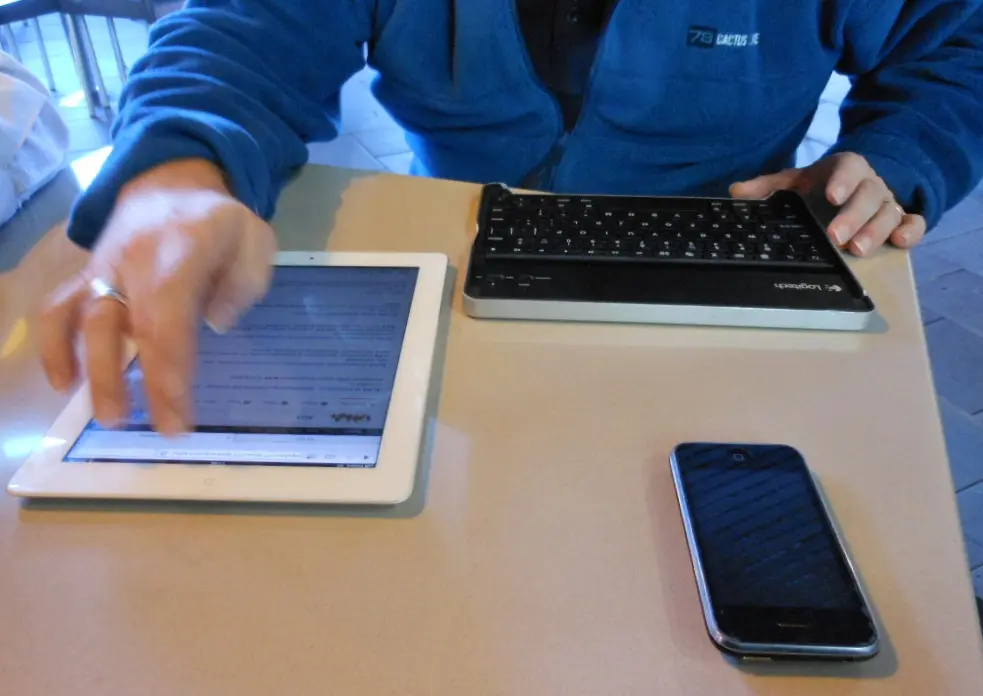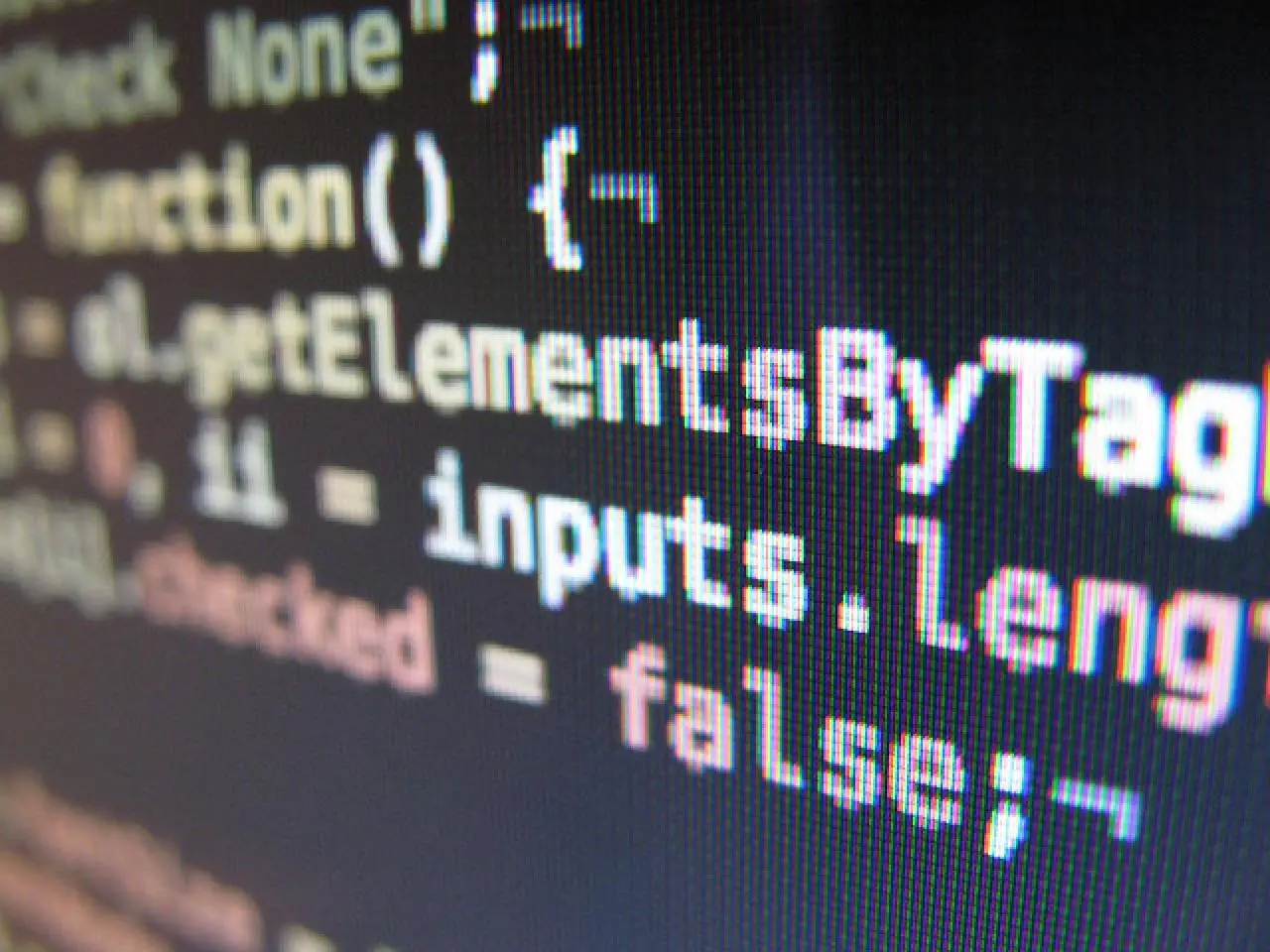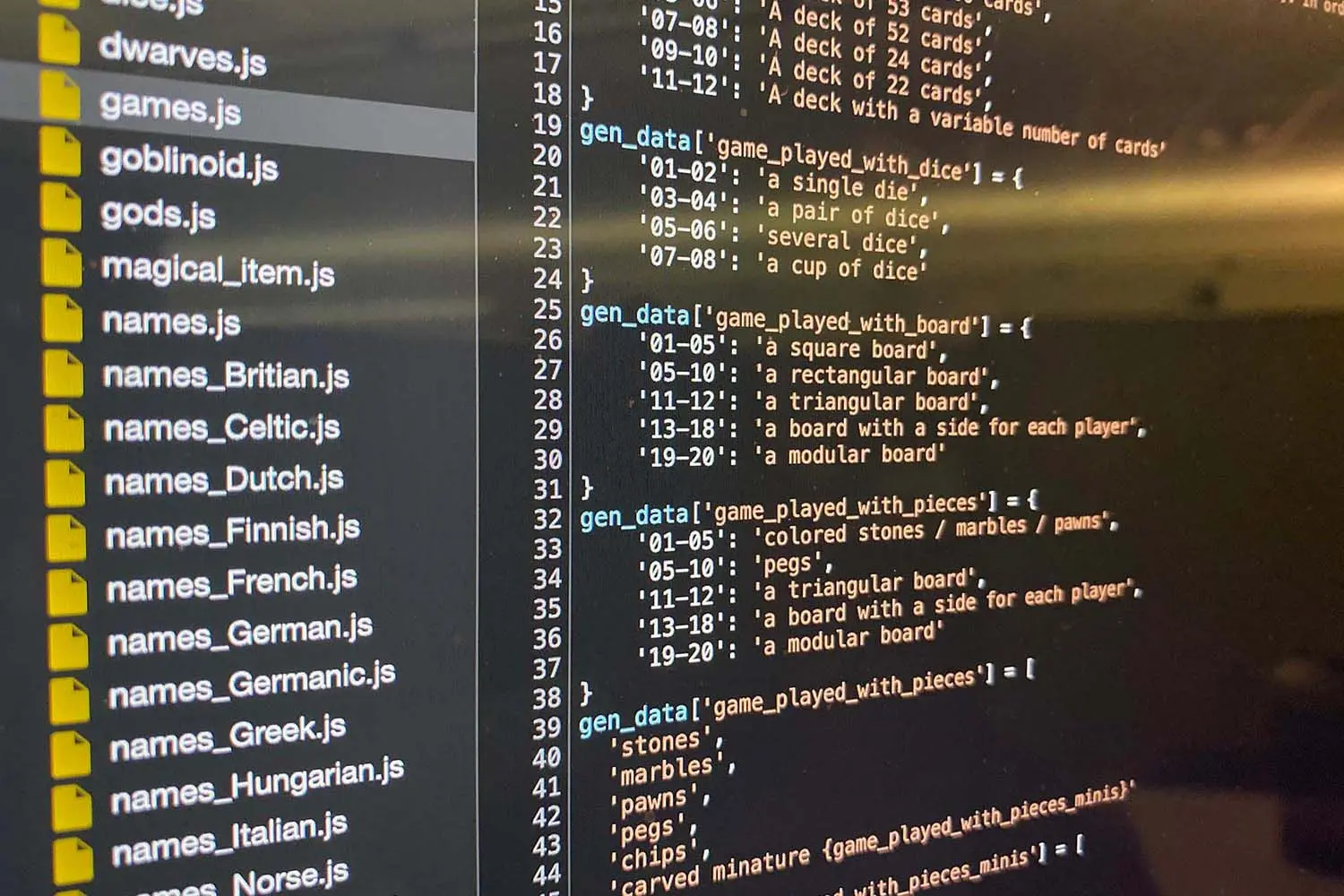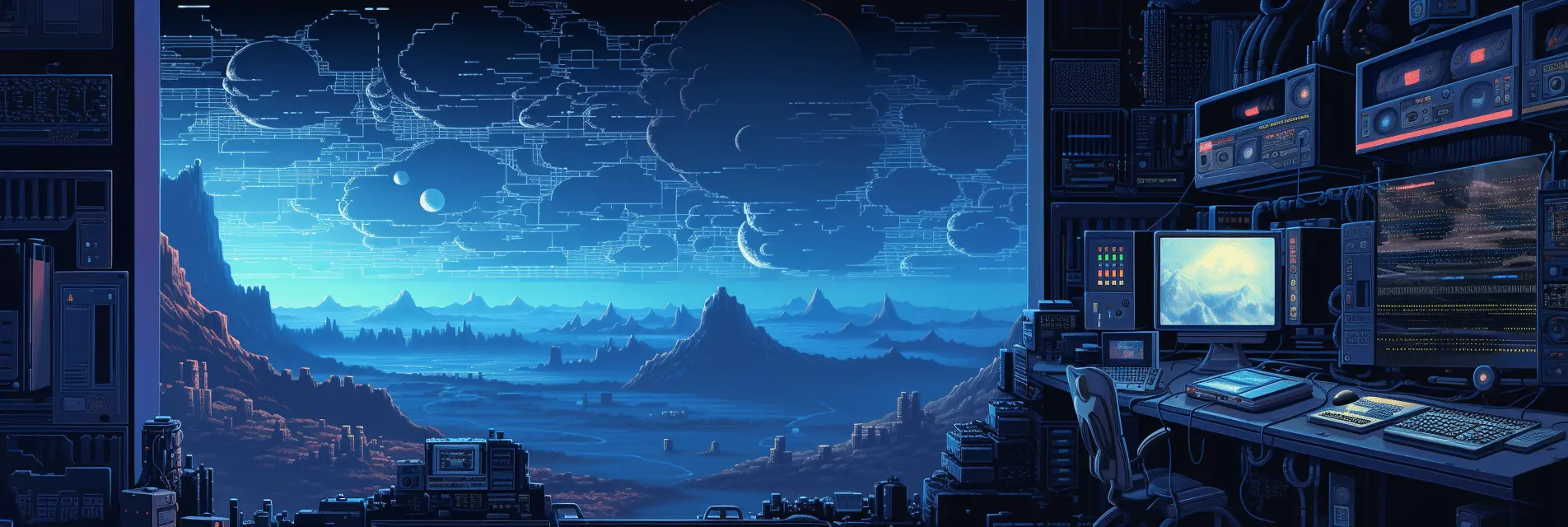

The trend in computing is to be more and more personable.
When you went from a mainframe to a PC, what was compelling about that was that it was accessible to more people. You no longer had to go to the printer room to pick up printouts. You no longer had to wait your turn in line for computing resources. You could go to a desk and get calculated answers on a screen in front of you. Then from a desktop to a laptop, it was not just accessible to more people, but accessible in more places. You didn’t have to wait until you went back to your desk to do work. You could lug around a laptop and do your computing right then and there. However, most people wouldn’t do this all day and all the time.
This was the beginning of mobile computing. This is what is so meaningful about mobile computing. Mobile is not just about apps; it’s not just about services. It’s about how every single aspect of a person’s life and every single business in the world is changed by the fact that people have a computer with them all the time. You no longer need to make an appointment with your computer, or lug around a large battery pack with a huge monitory. You have a computer with you everywhere you go.
The first place in the world that is being built up with this assumption is China. For years now, you could go to places in China, pull out your mobile phone and literally order food from the deli down the street, tickets to a movie, or hail a taxi. All the stuff that has been announced in the last couple of years in the United States. For many people in China, the smartphone was their very first computer and what makes this so compelling is that the smartphone goes with you into your actual life.
All the gadgets are getting sucked into the smartphone. For the last 6 – 7 years, gadgets have been disappearing. In the past gadgets were plugged into a PC. They were design and deployed that way. But a PC isn’t mobile. A laptop isn’t mobile. At the end of the day you have to make an appointment, sit down, put it on a desk, turn it on, plug it in, and use it. The MP3 player took a specific function from the PC, listening to music, and made it mobile. A video recorder took recording a video and made it mobile. You can bring it back to the PC, plug it in, and do stuff with it. What’s been compelling about the smartphone is it took all that stuff and made it mobile. So now the smart phone is an all-in-one. There is no point in having things separate and plugging them in. This also means that there is no point in having a desktop or laptop with a bunch of ports to plug stuff in. The rumored no-port MacBook Air makes a whole lot of sense in this new work. It’s all on your phone which is connected to the cloud.
To see how this has affected the industry let’s take a look at Microsoft focusing on Xbox and Sony focusing on the PlayStation. They’ve been relatively successful with their gaming platforms. But is the Xbox and PlayStation computing you can assume someone has with them all the time? When Microsoft did mobile, they extended it off their Desktop. When Sony did mobile gaming they extended the experience off their living room systems. When Sony did mobile music, they did it as an extension off the desktop / laptop, not as a stand alone platform. This turned all of these devices into glorified gadgets. This is why many think that both companies missed the last 10 – 15 years because they missed mobile. Because they saw mobile as a gadget. But mobile is way more important because mobile is part of your life at all times. And gaming is something you make an appointment with and it’s something you sit down and do. Something you can now make an appointment on your Smartphone to do.




Comments
With an account on the Fediverse or Mastodon, you can respond to this post. Since Mastodon is decentralized, you can use your existing account hosted by another Mastodon server or compatible platform if you don't have an account on this one. Known non-private replies are displayed below.